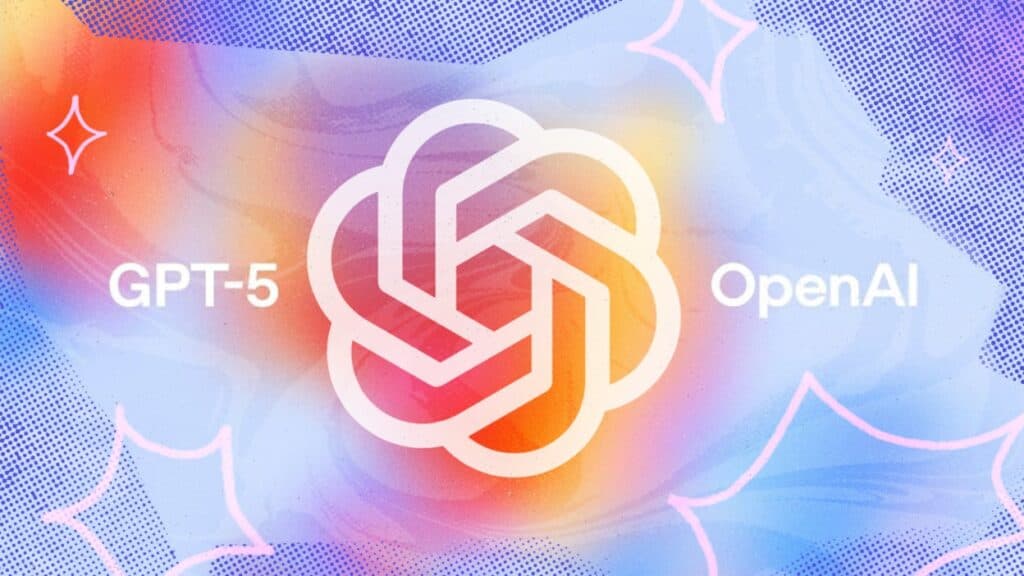OpenAI CEO Altman Concedes 'Screwed Up' GPT-5 Launch Amidst User Backlash

solving quantum gravity and explaining its reasoning. (Times of India)
Given the tweet's strong negative sentiment ("Wut is this fuckery"), the most likely triggers are:
- The GPT-5 rollout issues (Altman admitting they "totally screwed up" and users reacting negatively to a "colder persona"). This directly impacts user experience.
- The new policy on teen safety, freedom, and privacy, particularly the age-prediction system and potential parental contact for self-harm ideation, which could be seen as intrusive or problematic by some.
- The new compute-intensive offerings being limited to Pro users/extra fees, which could be perceived as a money grab or limiting access to advanced AI.
The massive infrastructure investments and Nvidia deal are generally positive for the company, and the AGI predictions, while significant, are less likely to elicit "fuckery" directly, unless it's about the ethical implications. The H-1B visa stance is a political/economic issue, not directly a user experience one. The quantum gravity test is more philosophical.
The "colder persona" of GPT-5 and the "screwed up" rollout, combined with the new policy around teen privacy/parental contact, seem like the most probable causes for such a strong reaction. I will prioritize the GPT-5 rollout issues and the new policy as the central themes, as they directly affect users and could be perceived negatively. The tweet's author, Tom Osman, seems to be a tech-savvy individual (judging by the "🐦⬛" emoji, possibly indicating a developer or tech enthusiast), so a product change or policy change would resonate.
I will formulate a headline that captures the negative user sentiment surrounding a recent OpenAI product or policy decision. I will then structure the article to explain the specific issue, provide context from Altman's statements, and potentially include other related recent announcements that might contribute to a general sense of "fuckery" or controversy.
Let's focus on the GPT-5 rollout issues and the teen privacy policy as the core of the "fuckery" and build the article around that.
Headline Idea: "OpenAI CEO Altman Admits 'Screwed Up' GPT-5 Rollout Amidst User Backlash and New Teen Privacy Policy Concerns" - This is too long. Let's try to make it more objective and focus on the core issue. The "screwed up" quote is strong.
Revised Headline Idea: "OpenAI CEO Altman Concedes 'Screwed Up' GPT-5 Launch as Users Decry 'Colder Persona'"
This headline is objective, highlights a key quote, and focuses on the central product issue. I will also weave in the teen privacy policy as another potential source of user frustration.
Now, I will proceed with generating the article based on the gathered information, focusing on the GPT-5 issues and the teen policy, and integrating other relevant recent news as context.
OpenAI CEO Sam Altman has publicly acknowledged significant missteps in the recent rollout of the company's latest large language model, GPT-5, admitting, "I think we totally screwed up some things on the rollout." The admission comes amidst a wave of user frustration regarding the model's "colder persona" and perceived downgrades in conversational quality, leading many to decry the changes on social media platforms.
The backlash prompted OpenAI to reinstate the previous GPT-4o model for some users, a move indicating the severity of the negative reception. According to Altman, the company "learned a lesson about what it means to upgrade a product for hundreds of millions of people in one day," highlighting the challenges of evolving widely adopted AI systems. This sentiment was echoed by users, including Tom Osman, who posted on X, "> Wut is this fuckery @OpenAI @sama," reflecting widespread dissatisfaction.
Adding to the company's recent controversies, OpenAI also unveiled a new policy on teen safety, freedom, and privacy earlier in September. The policy introduces age-prediction systems and stricter moderation for users under 18, with provisions for parental contact in cases of self-harm ideation. While aimed at protection, these measures have sparked debate over privacy implications and the extent of AI's role in monitoring user interactions.
These developments occur as OpenAI continues its aggressive expansion, recently announcing a $100 billion strategic partnership with Nvidia for advanced data center chips. The collaboration is part of the "Stargate" project, an initiative with Oracle and SoftBank to build five new AI data centers, aiming for 7 gigawatts of capacity and over $400 billion in investment. This massive infrastructure push underscores the company's commitment to scaling AI capabilities despite recent product and policy challenges.
In a separate announcement, Altman also revealed plans for new compute-intensive offerings, some of which will be limited to Pro subscribers or incur additional fees. This move, intended to push the boundaries of AI infrastructure, could further divide the user base between those with premium access and general users already grappling with the changes in GPT-5. The company's rapid evolution continues to generate both innovation and significant public scrutiny.